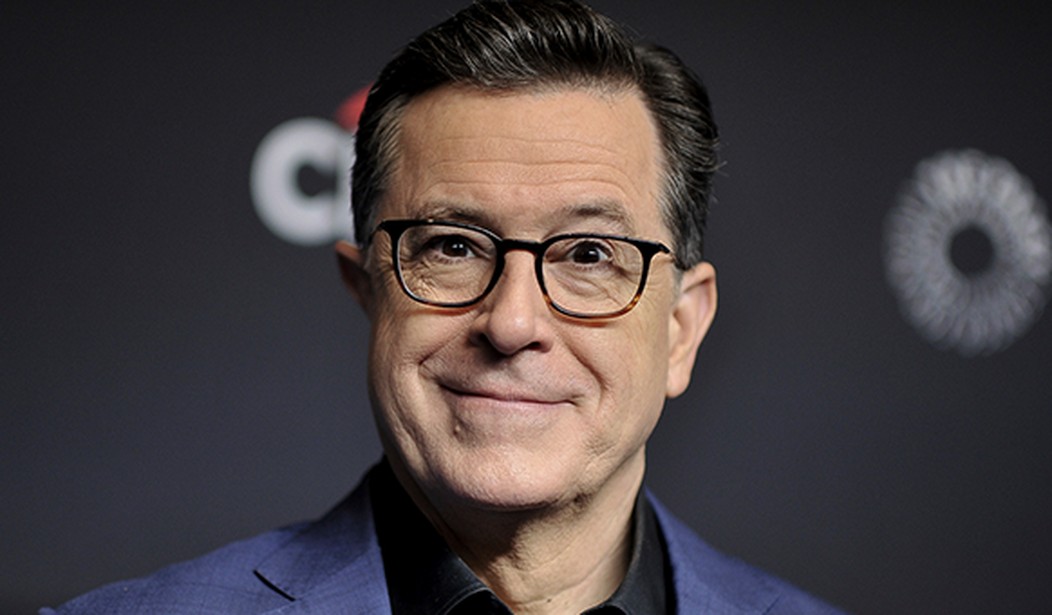Late-night television, the former province of audience-pleasers like Johnny Carson with a near-universal appeal, "is now firmly in belt-tightening mode," according to the Hollywood Reporter. It took years, but Stephen Colbert finally brought a smile to my face.
The cuts have been hitting all year.
Last week's announcement that NBC's "The Tonight Show Starring Jimmy Fallon" (it pains this lifelong Carson fan to even type those words) would be reduced to a four-night-a-week schedule — the last of the mainstream late-night talk shows to do so.
Before that, NBC’s "Late Night With Seth Meyers" had to let its house band go to save money. You certainly never saw that happen to Paul Shaffer and the World's Most Dangerous Band when "Late Night" was still hosted by David Letterman.
I'd heard so little in recent years about CBS's "Late Late Show" that I'd forgotten CBS sort of forgot to find a new host after James Corden left last year and replaced it with "the less expensive 'After Midnight' comedy game show," according to HR.
This GenX connoisseur of late-night television is laughing harder than Ed McMahon at a Carnac the Magnificent joke.
I grew up watching Carson and Tom Snyder, and then David Letterman after NBC stuck him in Snyder's post-Carson slot. Late-night programming held a forbidden fruit appeal for me. Partly because the shows came on so late at night. Mostly because the guests and the jokes gave me a glimpse into the world of grownups.
The Hollywood Reporter blames the cuts on competition from streaming, and while I suppose there's plenty of truth in that, I doubt it tells the whole story. One truth is that the major broadcast networks have been dealing with splintering audiences since cable channels began to seriously proliferate in the '80s.
There's something else here at play, something left-dominated Hollywood might not want to admit.
Recommended: That's One Small Walk for a Man (and a Woman)...
Carson himself went to a three-night-a-week schedule in 1981, but not because of any budget cuts. He negotiated a new contract after a longstanding dispute with NBC — and the network was desperate to offer anything to keep him. "The Tonight Show with Johnny Carson" was one of the network's few moneymakers during the dark days of shows like "Supertrain" and "Hello, Larry" before NBC began turning its fortunes around in the early '80s.
By the '90s, broadcast dominance was becoming a memory. Streaming seems to have put more hurt on the cable providers than it has put on the traditional network content.
So, to me, who watched all this happen all those years ago, the idea that late-night television could become a money pit comes as a bit of a shock.
But only a bit.
There's another element to late-night programming that doesn't often get mentioned: its intimacy. Anyone keeping the TV on after the 11 o'clock news is probably already in bed. You've got to like and trust the host enough to allow them virtually into your bedroom when the lights are off.
It's enough to make you wonder just how many GenX kids were conceived shortly after Carson wrapped his monologue.
But when hosts like Colbert or Fallon openly disdain and insult half of their potential audience, how many viewers are left to invite them in?









Join the conversation as a VIP Member